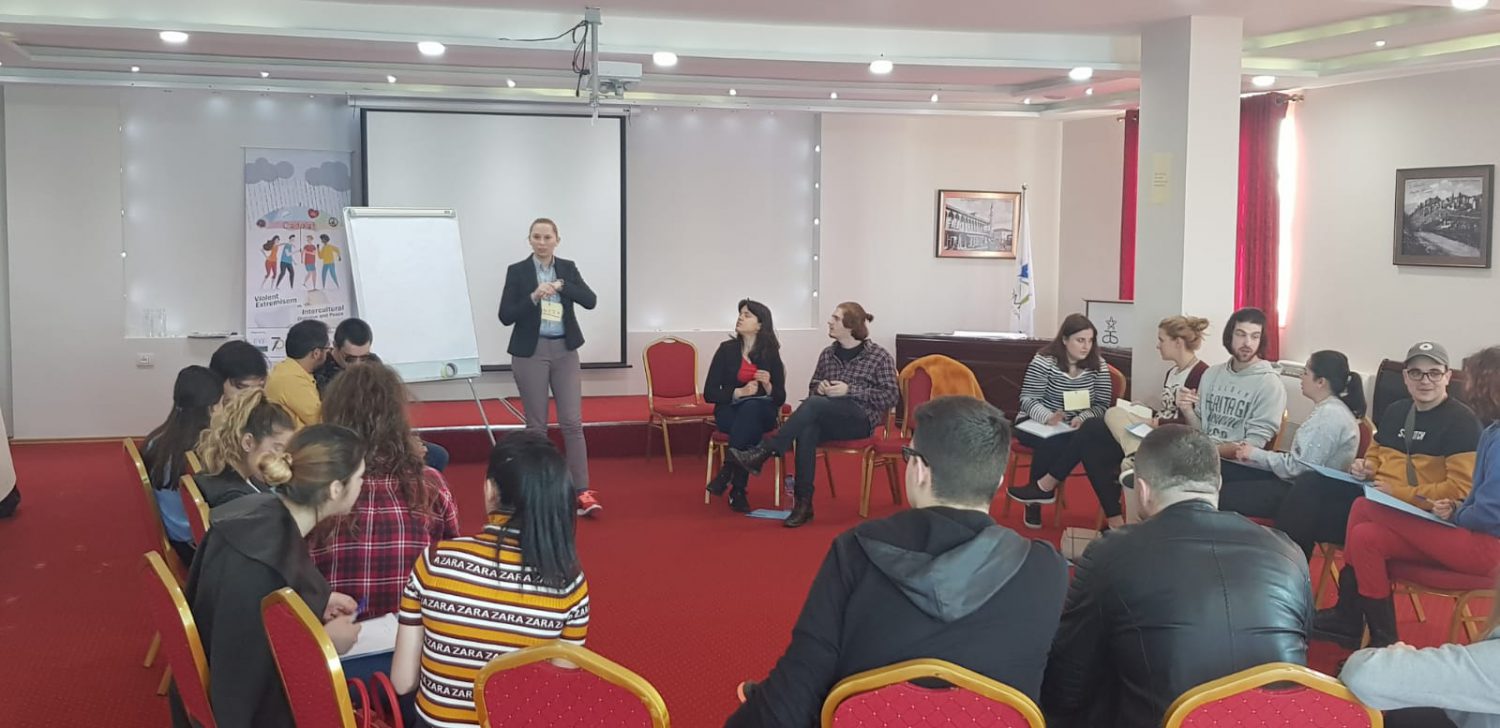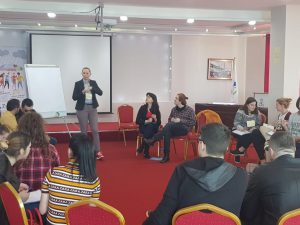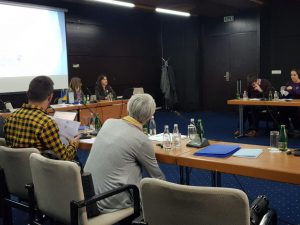Faculty of Philosophy in Sarajevo, ie the Department of Psychology and the Center for Psychological Research, Education and Counseling, which operates within the Center for Scientific Research and Professional Activities of the Faculty of Philosophy of the University of Sarajevo (NIRSA), organized a scientific conference “Fifth Sarajevo Days of Psychology” that took place from 19 April 2018 to 21 April 2018.
Within the oral presentations of the Department of Social Psychology, the research paper entitled Violent extremism and radicalism as a psychological phenomenon was presented, where the experts’ psychologists of the Center for Social Research “Global Analitika”, gave a contribution to the research. Bellow there is attached an abstract of the above mentioned paper:
Abstract:
The emergence of violent extremism and radicalism, particularly the one that leads to terrorism, is not some new form of socially-destructive behavior, but simply conceptually and terminological adapts towards time in which express all its manifestations. Psychology perceives problems of violent extremism that leads to terrorism, guided by the knowledge that the link with psychology is an inseparable element in the creation, existence, and consequences of extremism, therefore special significance is attributed to psychological interpretations. Experts offer a range of responses, including that terrorist instigators just prey on those who feel disenfranchised, who see themselves as victims or those who have a desire for action and believe in violence. This attitude fits in the accepted theory, especially among practitioners, that terrorism is, in fact, a psychological warfare. The term psychology of violent extremism and radicalism is ultimately inseparable whole, intertwined through an individualized role of the individual who may be a carrier of extreme ideology or someone who wants to get into the dark world of destruction and suffering. The fact that Bosnia and Herzegovina affected by the problem of violent extremism and radicalization imposes the necessity for professional monitoring of the phenomenon from a psychological point of view, as well as the need for research and taking a psychological intervention in order to prevent the development of resistance of an individual and the community.
The main objective of this work is to improve understanding related to psychological factors and motivation of potential extremists, as well as recognition of the causes and reasons why someone decides to belong to extremist groups. It clearly reveals that the overall impact of violent extremism and radicalism is realized on a social, political, and particular state of security in the society.
Keywords: violent extremism and radicalism, psychology, phenomenon, radicalization










